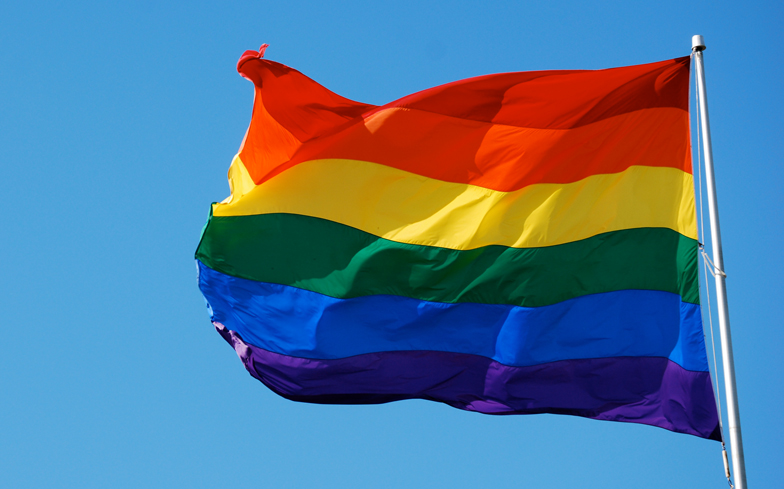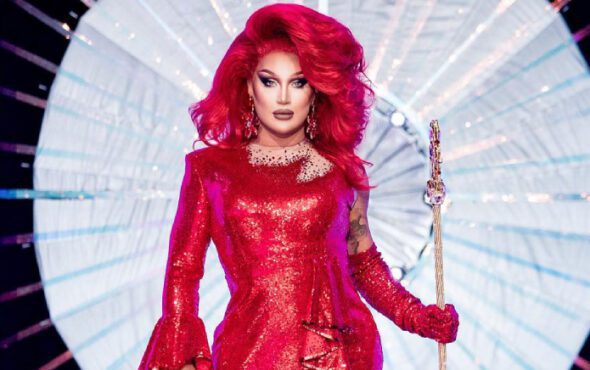
Lesbians are more likely to feel loneliness and separation from their loved ones in lockdown, compared to other young people under the LGBTQ+ umbrella.
According to a new study, almost nine in 10 young lesbians (87%) have felt this daily, as opposed to 46% of gay men, 54% of bisexual people and 52% of transgender individuals.
Conducted by Just Like Us, the charity for young LGBTQ+ people, the independent study surveyed 2,934 secondary school pupils across 375 institutions as part of a larger report into inclusive education and the experiences of young queer pupils.
1,140 of the students involved said they identified as a member of the LGBTQ+ community.
Four in five young lesbians (78%) revealed that their mental health has worsened throughout the pandemic, compared to 71% of gay men, 74% of bisexual people and 70% of transgender individuals, and almost half of non-LGBTQ+ young people (49%).
The study also discovered that a majority of secondary school pupils have received zero positive messaging about being LGBTQ+ in the past year, which suggests that the Ofsted requirements of preventing homophobic, biphobic and transphobic bullying in schools isn’t being applied.
A third of students (30%) said they’ve had one positive message in the last 12 months, while one in five (18%) said they have received no positive messaging at school about being LGBTQ+.
Dominic Arnall, the Chief Executive of Just Like Us, hopes this research will shed light on the experiences of young lesbians, “who are sadly the most likely group within the LGBT+ community to report feeling lonely and separated from the people they are closest to on a daily basis since the pandemic began.”
He added: “Our research has found that young people who are also eligible for free school meals, Black and/or transgender are also more likely to be struggling with mental health right now.
“The results show the importance of looking at the experiences of different identities within the LGBT+ umbrella separately, ensuring that we understand the different people within the acronym and how their identities might affect their experiences.
“At Just Like Us we know just how important it is that all LGBT+ young people hear from their schools and families that it is OK to be LGBT+. It’s important the pressures of this time are not passed on to schools who are already overburdened with work.
“At Just Like Us our role to support schools in sending positive messages to LGBT+ young people during this difficult time. We have free, LGBT+ inclusive resources available for all schools, all they need to do is sign up for School Diversity Week, or get in touch and talk to us.”
For more information about Just Like Us, visit their website here.
Schools can now sign up to take part in School Diversity week – for free – here. You’ll also receive a toolkit of resources.



